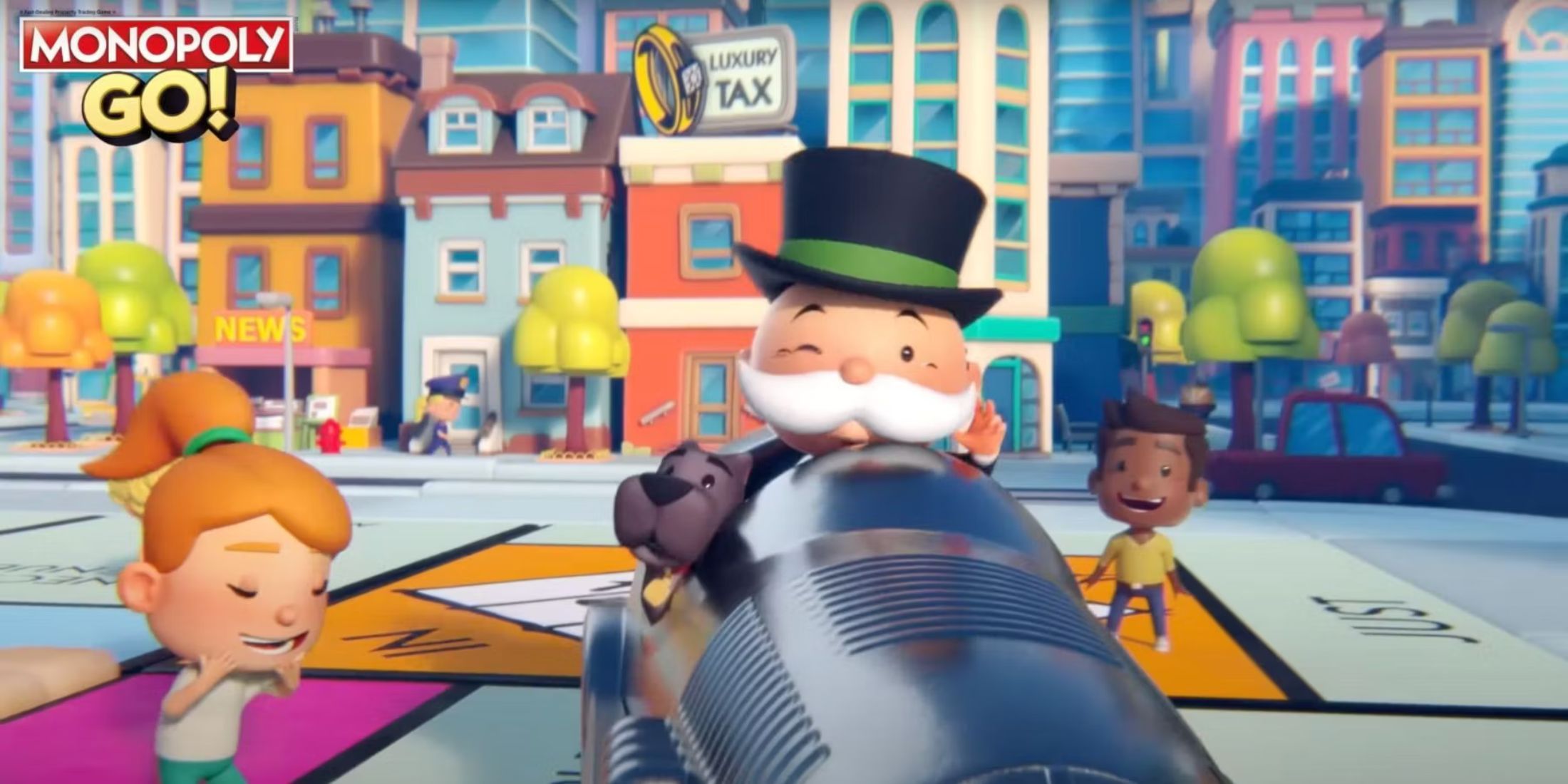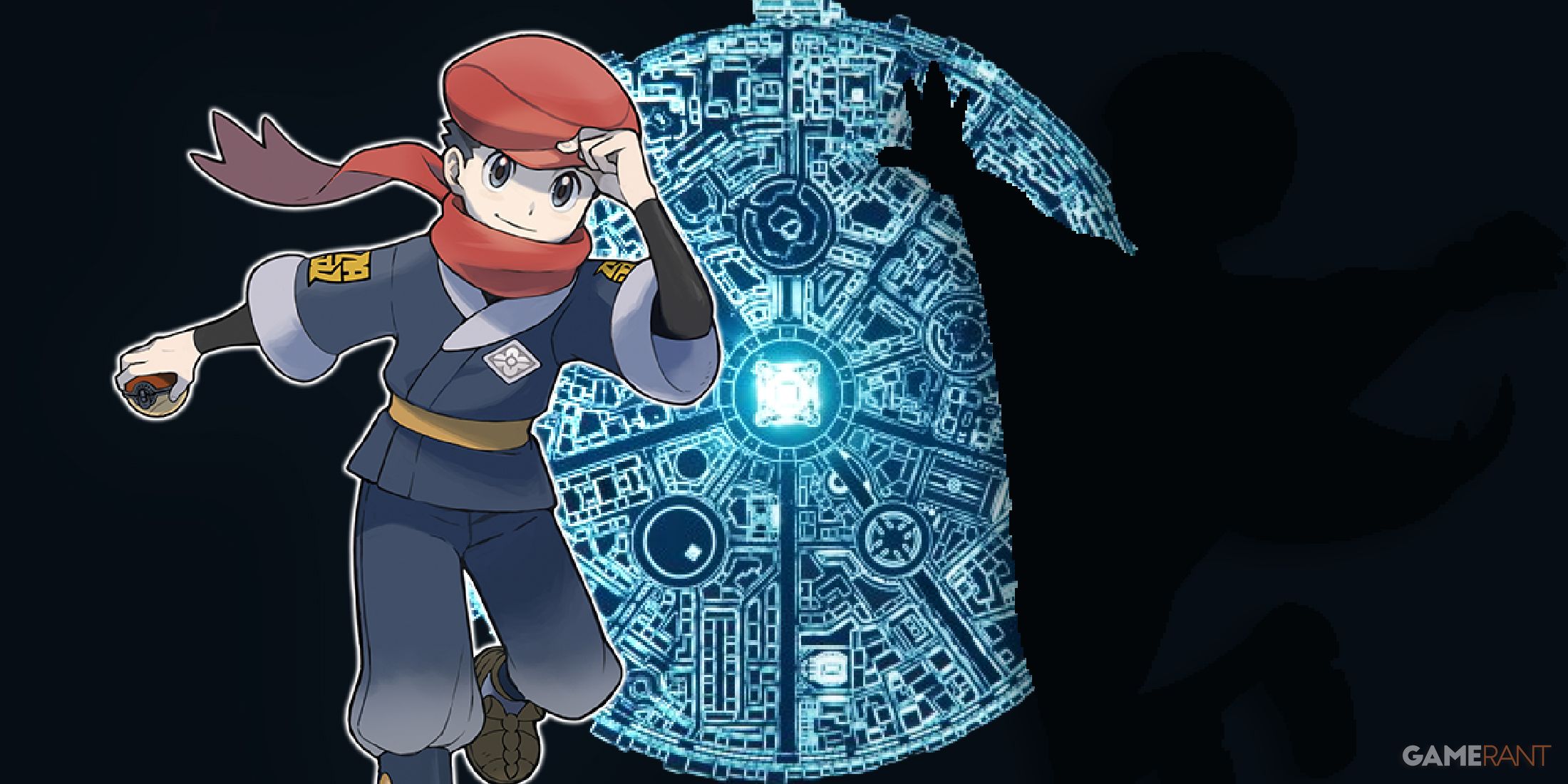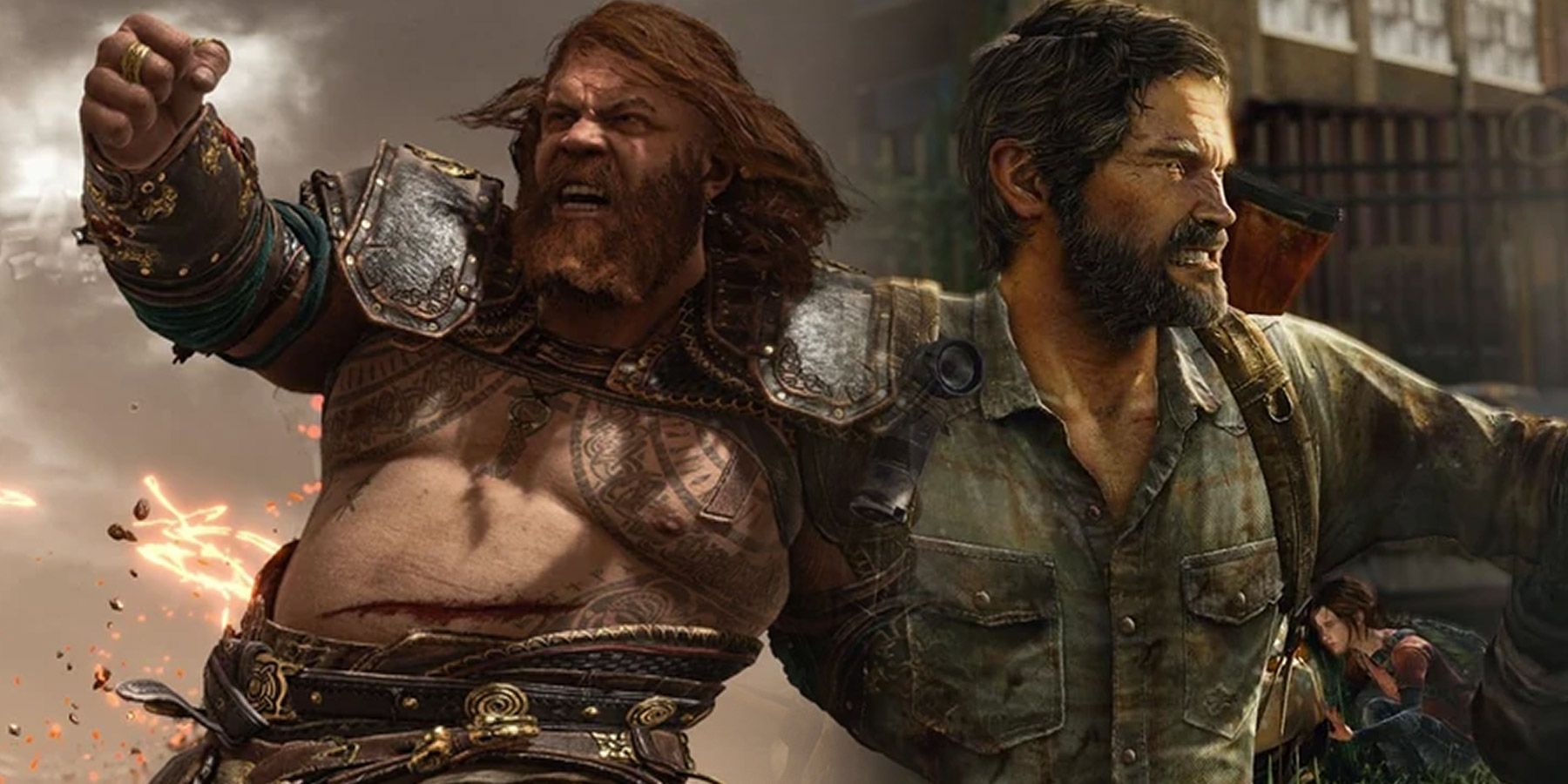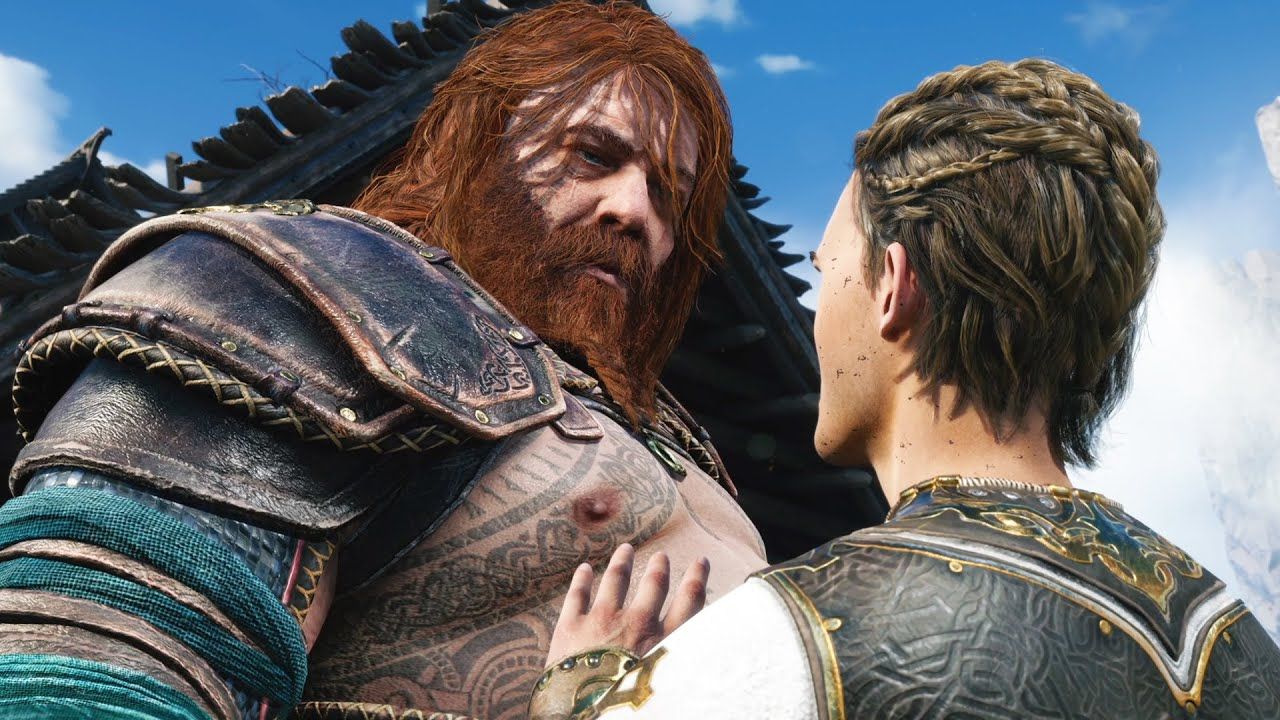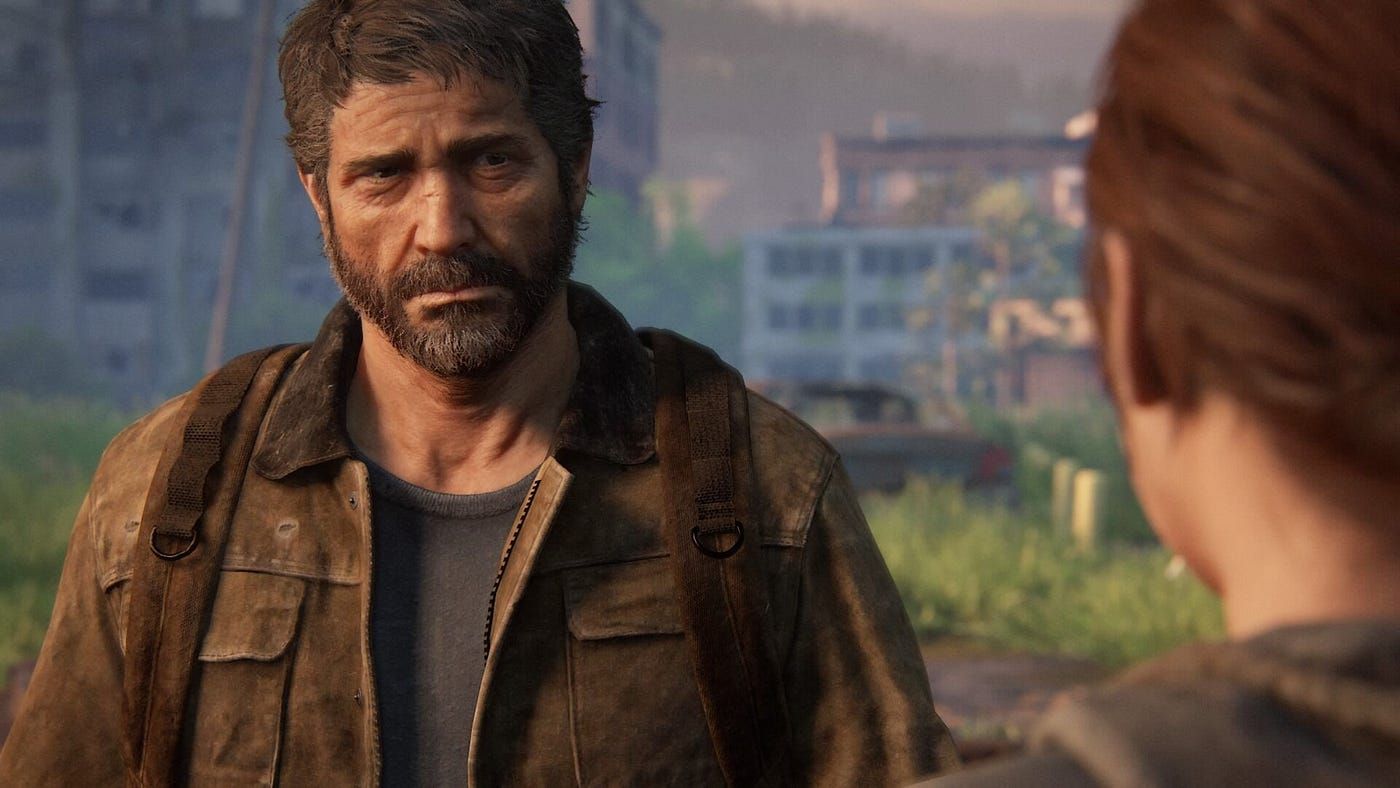Conflicted or flawed characters are often easier to empathize with, even if their actions are considered immoral. It can be easier to side with someone’s decisions once there is a shared perspective and understanding of those decisions, such as why someone behaves the way they do. This is true of many protagonist characters, but is adamantly expressed through games such as God of War Ragnarok and The Last of Us. Both games feature characters in Thor and Joel who challenge players’ expectations and ultimately surprise them with how nuanced or complicated they may be.
God of War Ragnarok’s Thor has the added upside of having had a prominent name in the MCU for the last decade, and so seeing him as an antagonist was already a refreshing change of pace narratively. There has been no shortage of estranged father-child stories lately, but The Last of Us had managed to hit that sweet spot early with Joel, a man who fans would defend in one of the most divisive choices imaginable. Thor and Joel are alike in many ways, but what separates them as men is equally interesting to learn before their respective deaths.
How God of War’s Thor and The Last of Us’ Joel Are Similar
God of War Ragnarok’s Thor and The Last of Us’ Joel are both men who are incapable of sharing their feelings and have hardened their exteriors to anything that would make them emotionally vulnerable. However, both characters are also fathers in desperate need of redemption after leading incredibly violent lives. Indeed, Thor and Joel use violence to solve most problems on their respective paths.
Thor is left hobbled under the looming weight of God of War Ragnarok's Odin, his father, and that feeling of inferiority is his biggest insecurity reflected in how his wife and daughter perceive him. Like Joel, Thor is only perceived as an antagonist because of his actions and which protagonists the players are with throughout God of War Ragnarok.
Time spent with Atreus in Asgard shows a different side of Thor that The Last of Us Part 2’s Abby never gets to see of Joel, and if Abby had known why Joel killed her father, his death might have been circumvented. Thor, unfortunately, dies by Odin’s hand, right when he is finally believing in himself enough to stand against Odin and think for himself, and Joel dies before Abby is able to learn why he had done what he did—even if that might have not changed her mind.
How God of War’s Thor and The Last of Us’ Joel Are Different
No matter how timely or untimely fans may think of Thor and Joel’s deaths, Joel was always a marked man in a hostile landscape where bloody retribution is clearly a priority for everyone. Likewise, it is easy to compare Thor and Joel based on their penchant for rage, but Thor seems to enjoy killing far more than Joel.
Thor challenging Kratos at the beginning of God of War Ragnarok is a contest, not a fight for survival or to defend someone he loves. Thor attacks Kratos in Asgard because he sees him with Thrud, but beforehand Thor seemed to use killing as a way to vent his internalized anger.
Neither character is able to redeem themselves before they die, but The Last of Us Part 2's Joel no longer sought redemption for his actions by the time he tore Ellie from the hospital. Joel is completely content with his choices and says that he would do it all again if given the chance, which means that he had already reconciled with those choices, come what may.
God of War Ragnarok is available on PS4 and PS5.

